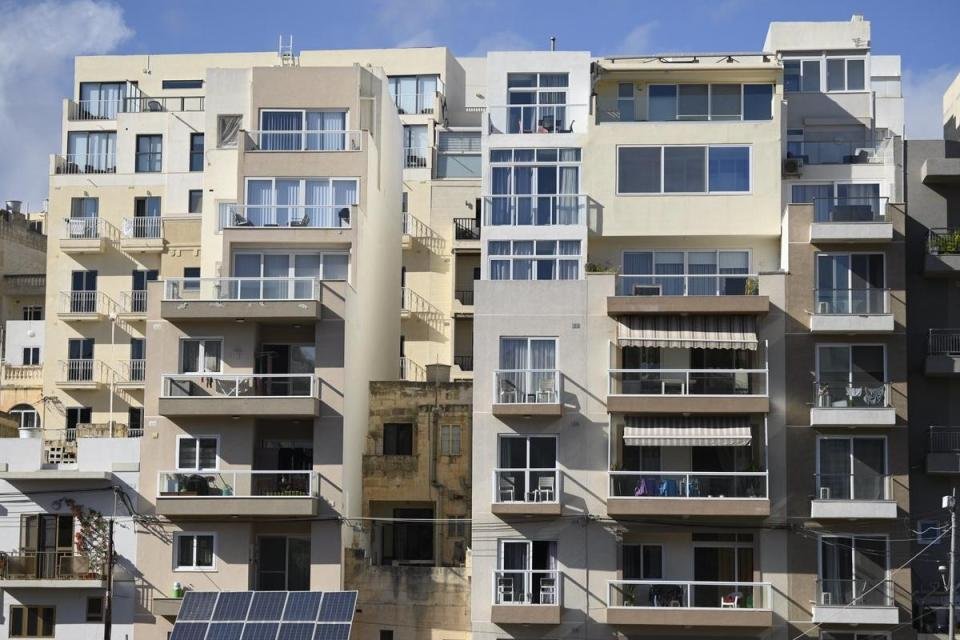The Property Ladder and I (1)
Figure this: as a 19-year-old student I have to worry that in the next 7-10 years I won’t be able to afford a flat let alone a house. This is a matter of a fact, because Malta is currently and will likely still be facing a severe housing crisis.
As property prices continue to soar, the dream of homeownership or even affordable renting is becoming increasingly distant for young people. In fact, around 59% of Maltese people aged 18-34 still live with their parents.
Ritratt: Matthew Mirabelli/The Times of Malta
Property Prices on the Rise
Newsbook reported how property prices have risen by 62.6% in the last 15 years, while rentals have risen by 56%. This is way bigger than the increase in wages, and today a young person is unable to afford a small house.
The difference in price is again far from innocent; yet the affordability gap is again dramatically clear. According to MaltaToday the price of apartments is now 11 times the gross annual income for singles. Given such exorbitant charges, the majority of youths cannot afford to get onto the first rung of the housing market, yet they are being forced - or let’s say “advised” - to continue studying if they want to earn good money and live a comfortable life.
Limited Supply and High Demand
A recent NSO study suggests around 80,000 vacant properties in Malta, including timeshares, Airbnb rentals, summer homes, and properties built but not yet available for sale—a practice known as “hoarding,” which artificially keeps prices high.
However, the Malta Developers Association (MDA) disputes this number; they’d have an interest in promoting the idea that there is a shortage of properties on the market.
Wage Stagnation and its Impact on Affordability
As outlined in the Affordable Housing Malta report, the gap between earnings and housing costs in Malta continues to widen at an alarming rate. This has resulted in a situation where many young people, particularly those in entry-level jobs, are finding it increasingly difficult to afford basic accommodation, let alone save for a deposit to purchase their own home.
One of the key issues is that salaries for entry-level positions remain stagnant while the cost of living, particularly in relation to housing, is rapidly increasing. Entry-level jobs, which typically pay around €1,200 to €1,500 per month or even less in some instances, are simply not sufficient to cover the rising cost of rent, which, for a modest one-bedroom apartment in central areas, can easily exceed €900 per month. This leaves many young workers with very little disposable income after rent is paid, forcing them into a situation where saving for the future, including for a down payment on a house, becomes almost impossible.
Furthermore, rent prices are not just increasing in popular, urban areas but are also rising sharply in traditionally more affordable regions, driven by the growing demand for housing.
According to the report, this surge in rent costs is outpacing any wage increases, particularly for younger workers who are new to the job market and are earning at the lower end of the wage spectrum. The report shows that the cost of housing now consumes a disproportionate share of income for young people, with some spending over 40% of their earnings on rent alone – well above the 30% threshold considered manageable.
The second part of this article will be published tomorrow
